Cracking the code of test prep vocabulary can feel like deciphering a foreign language. Yet, it’s a crucial part of acing any standardized test. From the SATs to the GREs, a robust vocabulary can be a game-changer, turning a good score into a great one.
Test Prep Vocabulary

Achieving mastery in test prep vocabulary not only improves your results in competitive exams, but also helps in knowledge expansion and cognitive development. High levels of vocabulary command are crucial for excelling in standard exams like the SAT, GRE, and others.
Implementing effective and actionable strategies facilitates the process of learning and retaining a wide range of vocabulary. A combination of regularly reading high-quality academic and non-fiction texts, utilizing smart study tools, frequent revision, and active usage of new words in daily conversations can immensely aid vocabulary enrichment.
- Regular Reading: Engaging in daily reading of diverse, high-lexical materials, such as editorials, scholarly articles, and classic literature, allows exposure to a wide range of words.
- Word Maps: Use word maps, which include a word, its definition, synonyms, antonyms, and usage in sentences, to visualize relationships between words.
- Use of Technology: Leverage digital tools and applications which have features like spaced repetition and memory tricks to solidify vocabulary learning.
- Active Usage: Consistently put newly learned words in spoken and written communication to aid in retention and assimilation.
Building Your Test Prep Vocabulary

Boosting vocabulary involves multi-step processes that require steadfast commitment and smart strategies. First, engage in comprehensive reading. Diverse sources like books, newspapers, and journals expose readers to a vibrant spectrum of words and their application in various contexts. Second, practice strategic memorization. Using mnemonics, for example, helps remember the complex phrases or difficult words. To illustrate, use the first letter of each word in a sentence to remember a challenging word. Then there’s the maintenance of a personal dictionary. It contains new words learners come across while reading or communicating, fostering active remembrance.
Technology plays a pivotal role in enhancing vocabulary. It offers integrated platforms with multifaceted resources. Applications for smartphones, or ‘apps,’ make vocabulary enhancement accessible and engaging. For instance, ‘Quizlet’ lets users create customized flashcards. ‘Magoosh Vocabulary Builder’ segments vocabulary into basic, intermediate, and advanced levels, promoting graded learning. Online language games also offer a fun and interactive way to learn new words.
Techniques to Remember Vocabulary
Using Pneumonics for Vocabulary Retention
A well-known strategy for vocabulary retention, mnemonics involve associating new words with familiar objects, images, or concepts. For instance, it’s easier to remember the word ‘gargantuan,’ meaning extremely large, if associated with the image of a gigantic dinosaur. When the word comes up, the dinosaur image pops up in the mind, enabling speedy recall. Additionally, students can create sentences or stories using the new word. Mnemonics help not just in vocabulary retention but also in the quick recall required for time-bound tests.
Context-Based Learning for Words

Context-based learning emphasizes understanding new words by analyzing the surrounding words and phrases. It’s a process of deducing the meaning of a new word based on its usage. For example, in the sentence, “He was euphoric after winning the lottery,” even if one doesn’t know the meaning of ‘euphoric’, they can infer that it might signify a positive emotion based on the context of winning the lottery. This technique allows learners to engage with unfamiliar vocabulary in a natural way. Over time, their comprehension skills improve, further amplifying their test performance.
Implementing these techniques helps students build a robust vocabulary base essential for standardized tests. Integrating them into daily study routines, in conjunction with other effective methods and resources mentioned earlier, optimizes vocabulary enhancement, making it an achievable goal rather than an uphill battle.
Cognitive Development
Mastering test prep vocabulary isn’t just a stepping stone to ace standardized tests like the SAT or GRE. It’s a gateway to knowledge expansion and cognitive development. With the right strategies and tools, it’s indeed possible to build a robust vocabulary base. Diverse reading, strategic memorization, and leveraging tech tools are key steps in this journey. Incorporating new words into everyday communication also reinforces learning. Remember, enhancing vocabulary is a marathon, not a sprint.

